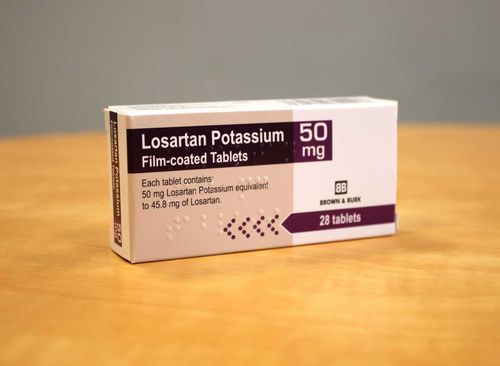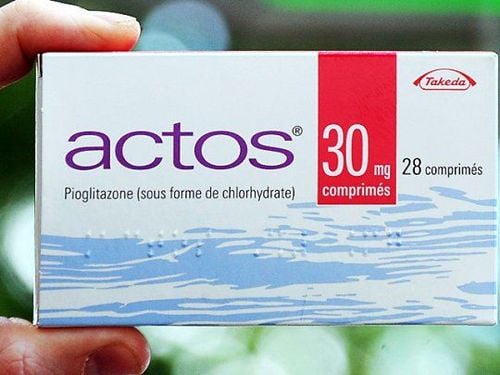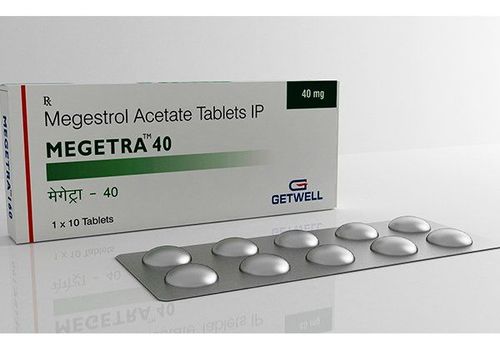This is an automatically translated article.
Even if you feel your body is quite young, at the threshold of getting healthy at the age of 70 there is always a potential risk of some unannounced diseases. That's why the health care needs of people 70 and older are so important.
1. Routine testing is the "golden key" to keeping healthy at the age of 70
Depending on your medical condition, different screening tests will be ordered. However, most healthy people aged 70 and older should have the following tests to actively manage their risk of senile disease:
Every year: Osteoporosis risk assessment, flu shot, get screened dental, hearing and eye exams; Every 2 years: Heart disease risk assessment, blood pressure check, mammogram (women), bowel cancer screening; Every 3 years: Check blood sugar; Every 5 years: Check cholesterol and lipids, do a cervical screening test (for women). In addition, you should consult your doctor if you are testing more or changing the frequency of testing.
2. Some risks to pay attention to when taking care of health at the age of 70
2.1. Cardiovascular Risks Cardiovascular disease (CVD) includes heart disease, stroke, and vascular disease of the extremities (peripheral). Heart attacks, strokes, and coronary heart disease are more common in people 65 years of age and older than in younger adults. Therefore, you should have your CVD risk assessed every 2 years unless a new recommendation is made from your doctor.
To help prevent cardiovascular diseases, protect your health at the age of 70, you need to adopt a healthy lifestyle, control high blood pressure and reduce blood cholesterol.
2.2. Blood pressure, high cholesterol and lipids You should have your cholesterol and lipids checked every 5 years with a blood test or every 1 to 2 years if you are at high risk for cardiovascular disease. Besides, with age, arteries gradually become stiffer, which can lead to high blood pressure. You should have your blood pressure checked every 2 years or 6 to 12 months if you are at moderate risk for cardiovascular disease and every 6 to 12 weeks if your risk is high.
In addition to diet and exercise recommendations, other ways to prevent high blood pressure include:
Maintain a waist measurement of less than 94cm for men and less than 80cm for women; Limit salt to 5mg or 4mg per day if you have high blood pressure. 2.3. Type 2 diabetes Type 2 diabetes is gradually becoming more dangerous and noticeable in the 70-year-old health care regimen due to its prevalence as well as the serious complications it causes. You should be screened every 3 years to see if you have type 2 diabetes or every 12 months if you are at higher risk.

Bệnh tiểu đường type 2 là một trong các vấn đề sức khỏe tuổi 70 cần được đề cập
2.3. Some common cancers Breast cancer: A mammogram is recommended every 2 years for women with a lower risk of breast cancer until they are 74 years old. Women at higher risk can consult their doctor about the timing of screening to avoid severe sequelae. Also, see your doctor right away if you see or feel any unusual changes. Skin cancer: If you're 70 or older, your doctor may do skin tests even if you've made an appointment for another reason. If you're at high risk for cancer, you should get a full skin exam every 6 to 12 months. In addition, it is necessary to avoid harmful agents to the skin such as sunlight, harsh environmental conditions. Cervical cancer: Cervical cancer is the third leading cause of cancer death among women. Therefore, this is one of the diseases that need to be taken care of when taking care of your health at the age of 70. To check for cervical cancer, women younger than 74 should have a cervical screening test 2 years after their last Pap test and every 5 years thereafter. If you're 75 or older, you can still talk to your doctor about how often to get tested for Colorectal (intestinal or colon) cancer: Even without symptoms or family history, you Bowel cancer screening should be done at the age of 70 by the fecal blood test (FOBT). You can stop being tested at age 74 with your doctor's advice. 2.4. Osteoarthritis Bone health becomes more important to monitor as you age. Research shows that 70% of fractures occur in people 65 years of age and older. Part of that is because your bones become less dense over time or absorb less calcium from foods. In addition, older adults may have low levels of vitamin D, leading to decreased absorption of calcium by the body.
For women, the cause can come from menopause. Estrogen plays a role in your body's bone formation, and estrogen levels drop after menopause.
Besides osteoporosis, osteoarthritis (OA) is also one of the common diseases in the elderly. It occurs when the cartilage, the cushioning tissue between joints, wears away. Arthritis causes pain, stiffness and increases the risk of joint injury.
2.5. Vision and Hearing Risks One of the health tests you should be aware of at the age of 70 is related to hearing and vision, which is performed periodically based on each person's physical condition.
You should have your hearing checked every 3 years after turning 50. About 1 in 3 adults aged 61 to 70 have some type of hearing loss and this number increases to 80% for 85 year olds. Just getting older can lead to hearing loss, but certain medications or long-term exposure to noise can also occur.
Eye health is also extremely important as you get older. One of the leading causes of blindness in people over 60 is glaucoma, which occurs when fluid builds up in the front part of the eye, but it's a treatable disease if caught early. .

Sức khỏe tuổi 70 cần quan tâm đến thị giác và thính giác
3. Healthy lifestyle increases health at age 70
Health care in 70-year-olds does not stop at diagnostic tests, but it is important to maintain a healthy lifestyle every day. Here are important things to do for a healthy lifestyle in 70s:
Eat healthy: It is important to have a balanced diet, especially as you get older, to Helps maintain muscle strength and maintain a healthy weight. You should enjoy a variety of nutritious foods each day, including fruits and vegetables, whole grains, lean meats, poultry, and fish, as well as milk, yogurt, and cheese. Limit foods that contain saturated fat, added salt and sugar, and alcohol. Limit alcohol: As you get older, you are more likely to be harmed by drinking. If your condition could be made worse by drinking alcohol, your doctor may advise you not to drink alcohol. Physical activity: Depending on your health, you can choose the right subject for your condition, but you should maintain the habit of exercising 30 minutes a day to ensure health at the age of 70. Moderate-intensity physical activity is one that gives you lots of energy and gets your heart rate up but doesn't make you too short of breath, such as brisk walking. When you are over 70 years old, you will be at risk for a number of unannounced diseases. That's why you need to fulfill a health care need to prevent dangerous diseases, maintain stronger muscles and bones, and reduce the risk of falls as you age.
Please dial HOTLINE for more information or register for an appointment HERE. Download MyVinmec app to make appointments faster and to manage your bookings easily.
References: webmd.com, healthdirect.gov.au, aarp.org












